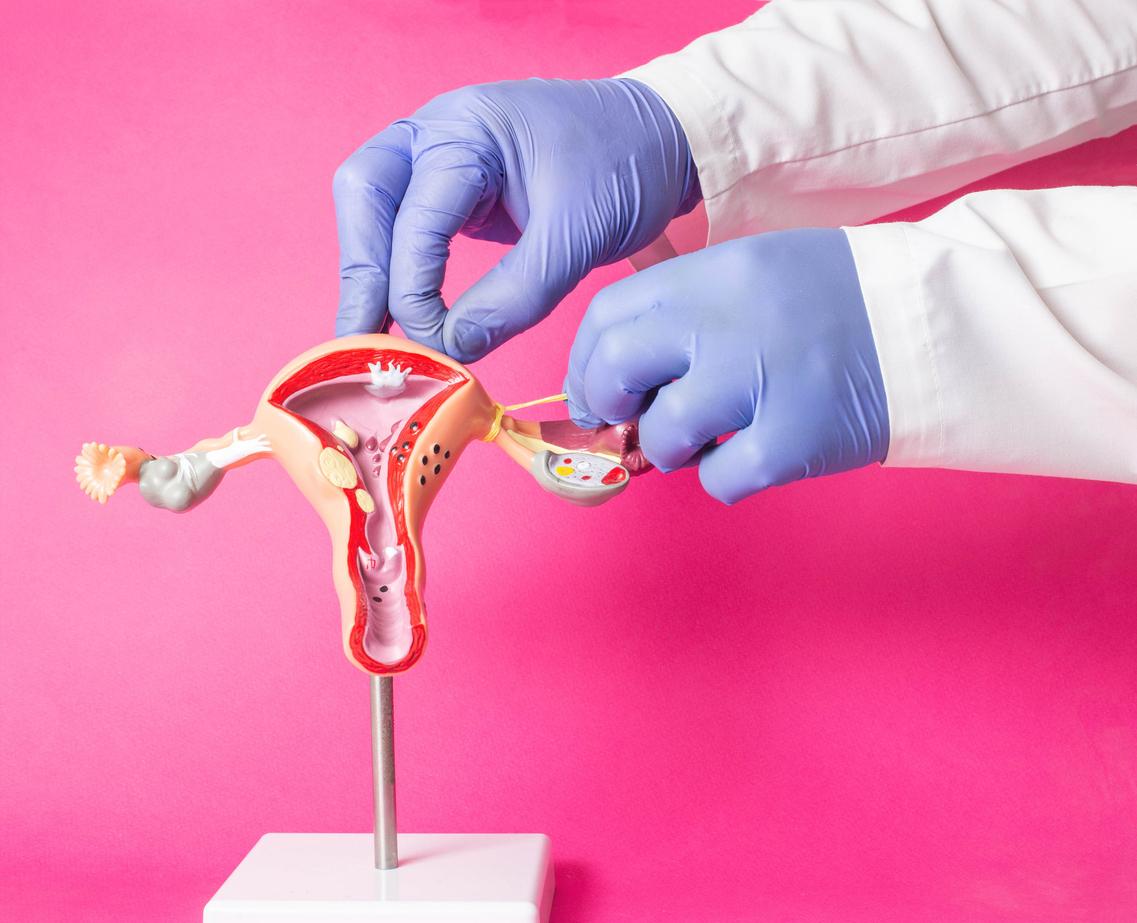Training family planning staff to talk about IUDs and implants helps young women choose their contraception. This reduces accidental pregnancies.

Contraceptive IUDs and implants could reduce unwanted pregnancies. Both of these methods have been officially recommended for young women by the American Academy of Pediatrics (AAP) for several years. But Americans find it hard to trust it. Training health professionals to talk about it is an effective method, according to a study published in The Lancet. Better informed, women choose more methods such as intrauterine devices (IUDs).
In the United States, unwanted pregnancies are a real problem, since they represent 50% of total pregnancies. A team from the University of California at San Francisco looked at the impact of a targeted approach: training family planning health professionals in all contraceptive methods. Their study was held in 40 centers across the country.
In half of them, the staff continued with their usual advice. In the other half, he was trained to discuss all contraceptive methods with young women. To assess the impact of this technique, 1,500 women (18-25 years old) were followed for one year. The researchers thus hope to increase the use of more effective contraceptives (IUD, implant) and therefore reduce the rate of unwanted pregnancies.
More empowered women
“In the United States, young people’s confidence in the pill and condoms is very strong,” recalls Cynthia Harper, co-author of the study. It is important to talk to women about methods that provide safer protection (than the pill and condom) when seeking contraception. They consider health professionals to be a trusted source of information on reproductive control; so it is especially important that they tell them about all the methods they can use. “
Training family planning staff is effective: 71% of those trained spoke about IUDs and implants, against 39% in the control group. Better information which boosts the use of these two methods: 28% of women in the intervention group opt for an IUD or implant, against 17% in the control group. The former explain feeling more autonomous when they are well informed.
Half the number of unwanted pregnancies
They are autonomous, but also more careful. In one year, the rate of unwanted pregnancies has increased from 15% to 8%. But this decline is only valid for women who have presented for family planning, and when they have not had an abortion before changing their contraception. In the latter group, few women who wanted to have an IUD or an implant succeeded. At one year, a quarter of them became pregnant.
The researchers point out that access to family planning is not the only factor that influences the type of contraception. Health coverage also matters. Intrauterine devices cost about $ 1,000. However, 38% of women do not have insurance. This could explain the gap between the use of the IUD in France and the United States: a quarter of French women use it, against 9% of Americans.
.















